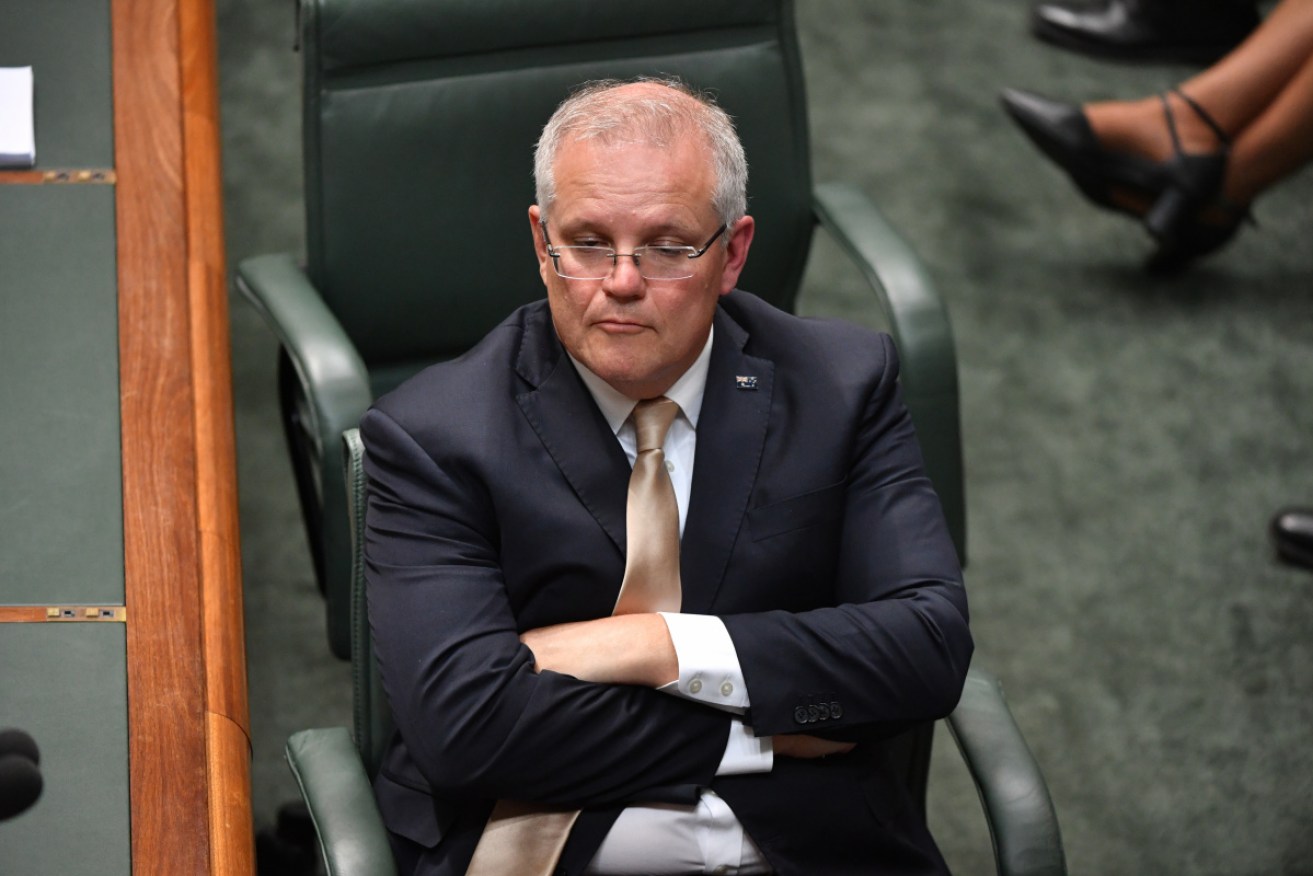Coronavirus has paused Parliament. This is what should be happening instead


Parliament is in hibernation mode until August, but a lot of politically minded bodies want it recalled sooner. Photo: AAP
One of the hot topics being debated by many politically engaged Australians right now is whether the national parliament should be sitting during the COVID-19 restrictions.
Parliament is not ‘in session’ at the moment because it was temporarily closed down last month, or as PM Scott Morrison likes to say ‘put into hibernation’, and will not resume for normal business operations until August.
It will however meet briefly next week to pass the laws needed to deliver the latest commitments made by the government to help individuals and businesses with cash payments and other financial support until the worst of the pandemic has passed.
Perhaps not surprisingly, the Labor opposition is among the dissident voices, which also include academics and former judges, calling for Parliament to resume its originally planned sittings in May and June. These voices argue the Parliament must continue to operate so that it can ensure the government is held to account for its unprecedented spending, and also undergo scrutiny for other matters, such as its involvement in the Ruby Princess debacle.
At face value, this seems an eminently sensible suggestion, as long as MPs could abide by social distancing rules by participating online. According to one of Australia’s most respected constitutional lawyers, Professor Anne Twomey, there is nothing in the Constitution to prevent a virtual session of Parliament being conducted online.
There was a Royal Commission into pink bats when 4 people died because of shonky operators. Will there be a Royal Commission into #RubyPrincess Death toll so far 4 and counting.
— Donna (@simpsubhswf) March 31, 2020
But the question has to be asked – is this the best use of our elected representatives’ time over the next few months? Do we want ministers (and the public servants who work for them) spending hours preparing for Question Time each day? Or do we want them devoting that time to best supporting the Australian community through the pandemic?
Similarly, do we want opposition MPs spending hours each day strategising on the best way to get a nightly news grab with a Question Time zinger, or should they be spending that time working with their constituents to identify what could be improved in the government’s new COVID-19 support systems?
If your answer to these questions is, “They should do both”, that might be a fair response when it comes to the Opposition’s shadow ministers, who don’t have a ‘day’ job like ministers. But for the actual government, every hour spent dealing with the theatrics of parliament is an hour that could have been spent on identifying, developing or implementing life-saving measures.
For let’s face it, question time these days is big on theatrics and little on scrutiny. Between the Opposition’s search for the perfect gotcha and the government’s determination not to answer the question, Australian democracy is not losing anything by the lack of question time until August.
What’s more, there are other, more effective ways of getting the Parliament to scrutinise the government without extra sitting days in May and June. According to Professor Twomey, the committees established by the Parliament for exactly this purpose, such as the Joint Committee of Public Accounts and Audit, which examines government expenditure, can and should continue to perform their important scrutiny functions while parliament is not sitting. These committees are permitted to operate by phone or online.
Does this mean Labor’s calls for Parliament to resume are not really about scrutiny, but about providing a larger platform from which the government’s critics can deliver their counter messages?
The Morrison government is not the only Australian government to have closed its parliament to concentrate on the combined health and economic challenges created by the virus.
The NSW Parliament will not sit again until September. However the state’s Upper House (the equivalent of the Senate in the Australian Parliament) has established a special committee of oversight to scrutinise the NSW government’s handling of the COVID-19 crisis, which will sit regularly during the parliamentary break until September.
As we observed during the Global Financial Crisis, and have seen several times since, even governments with the best of intentions can get it wrong when making and implementing decisions during times of serious emergency.
Right now, we’ve entrusted our health, wellbeing, economic viability and civil liberties to a government that hasn’t always proven to have the best of intentions.
In this sense, advocates are right to call for greater government scrutiny and accountability.
However, if scrutiny of the Morrison government is really what Labor and other advocates calling for the return of Parliament are after, they should redirect their efforts to using the existing parliamentary committees to do so.
Otherwise the complaints look like calls for just another opportunity to grandstand, which is also something that Australian democracy doesn’t need right now.








